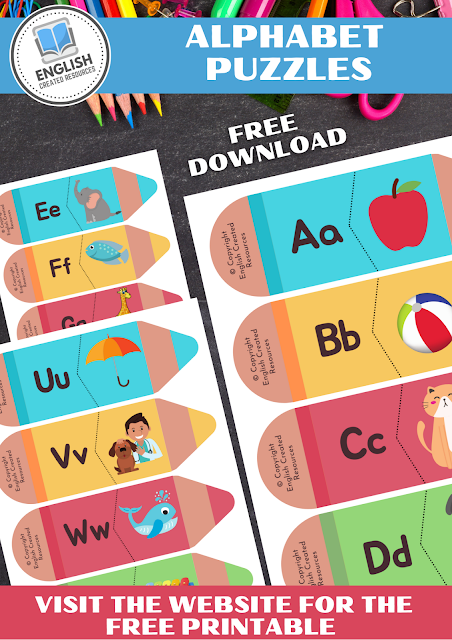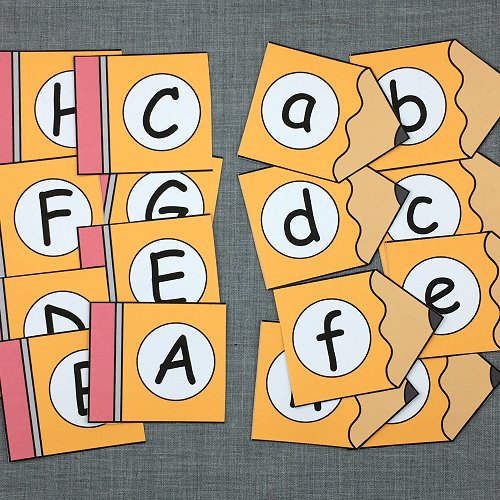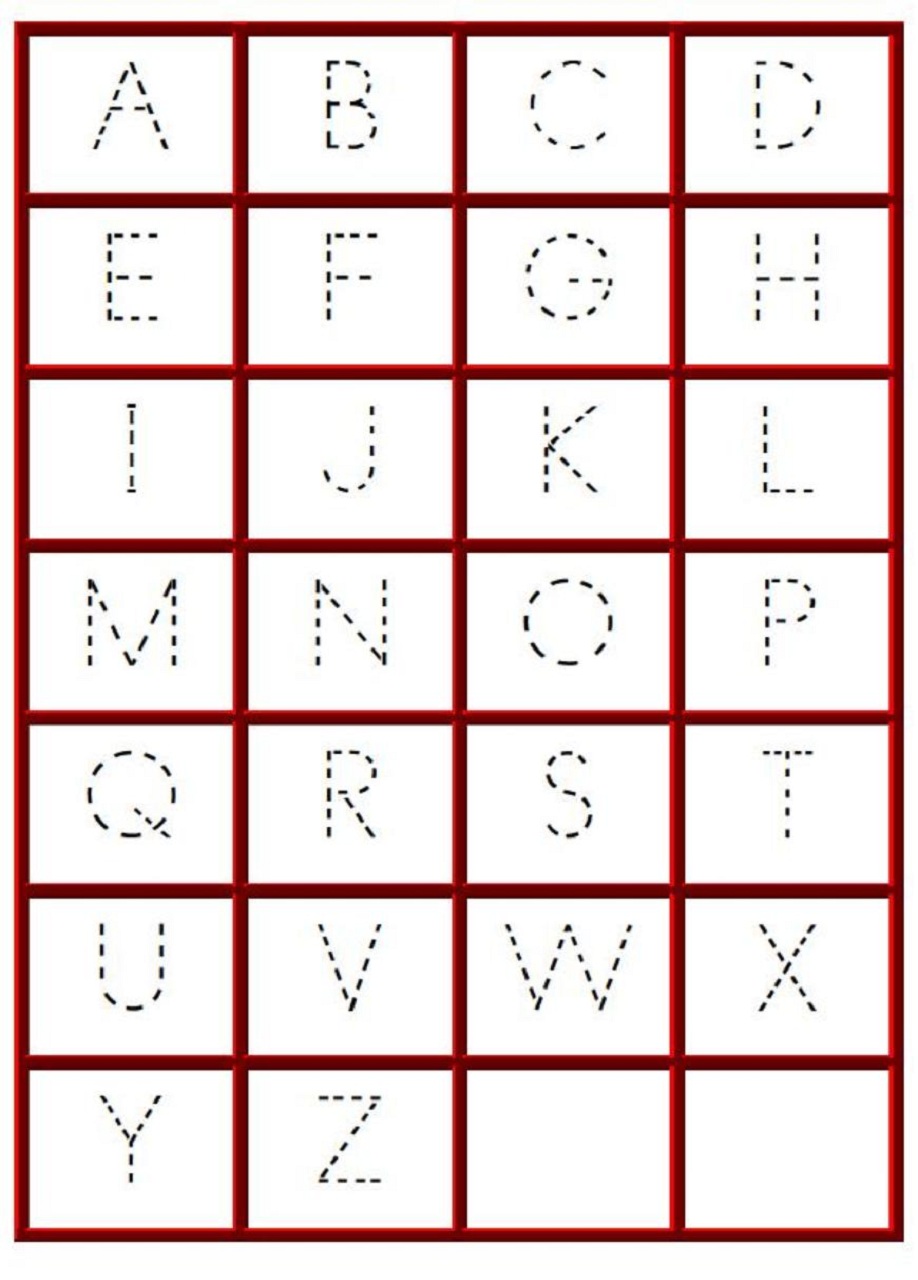Puzzles progress programming
Table of Contents
Table of Contents
Puzzles for Progress: Dive into Alphabet Puzzles for Active Minds
Are you looking for a fun and engaging activity that can stimulate the minds of your little ones? Look no further than alphabet puzzles! These educational puzzles not only entertain children but also help them develop crucial skills such as letter recognition, problem-solving, and fine motor skills. Dive into the world of alphabet puzzles and watch as your children’s minds actively engage in learning and progress.
With the rise of technology and digital distractions, it’s important to find activities that can captivate children’s attention and keep them engaged. Alphabet puzzles offer a hands-on experience that allows children to interact with the physical world while learning. These puzzles provide a great alternative to screen time and help children develop cognitive abilities, concentration, and critical thinking skills without even realizing it.
So, why should you consider introducing alphabet puzzles to your little ones? The answer is simple – puzzles offer a multitude of benefits. They enhance fine motor skills as children learn to manipulate puzzle pieces and fit them into their corresponding slots. Puzzles also promote problem-solving skills as children figure out which piece fits where, engaging their logical thinking abilities. Moreover, alphabet puzzles improve letter recognition and phonemic awareness, laying a solid foundation for reading and language development.
Puzzles for Progress: Dive into Alphabet Puzzles for Active Minds
As a parent, I was initially skeptical about the effectiveness of alphabet puzzles in my child’s learning journey. However, after introducing them to my child, I witnessed an incredible transformation. Not only did my child enjoy the process of solving puzzles, but their letter recognition skills improved significantly. The sense of accomplishment and pride they felt after completing a puzzle boosted their confidence and motivated them to take on more challenging tasks.
One of the key benefits of alphabet puzzles is their versatility. You can customize the difficulty level according to your child’s age and skill level. Start with simple puzzles that feature fewer pieces and gradually progress to more complex ones. This ensures that children remain engaged and challenged, promoting continuous growth and development.
Puzzles for Progress: Dive into Alphabet Puzzles for Active Minds
Another advantage of alphabet puzzles is their ability to foster a love of learning. By making the learning process enjoyable and interactive, puzzles create a positive association with education. This can have a long-lasting impact on children’s attitude towards learning and lay the foundation for a lifelong love of knowledge.
When introducing alphabet puzzles, it’s important to create a conducive learning environment. Set aside dedicated puzzle time and provide a quiet space where children can concentrate without distractions. Celebrate their achievements and offer encouragement along the way. By making puzzles a part of their daily routine, you can amplify their benefits and set them on a path of continuous learning.
Puzzles for Progress: Dive into Alphabet Puzzles for Active Minds and Related Keywords
When selecting alphabet puzzles for your child, consider their interests and preferences. Look for puzzles that feature their favorite characters, vibrant colors, or interactive elements. This will make the learning experience more enjoyable and keep them engaged for longer periods.
Puzzles for Progress: Dive into Alphabet Puzzles for Active Minds and Related Keywords
As you dive into the world of alphabet puzzles, remember to choose age-appropriate puzzles that match your child’s developmental stage. Start with basic puzzles that focus on letter recognition before moving on to puzzles that incorporate more complex concepts such as phonics or word-building. Gradually increase the difficulty level to ensure that your child remains challenged and continues to progress.
Question and Answer
Q: At what age can I introduce alphabet puzzles to my child?
A: Alphabet puzzles can be introduced as early as two years old, depending on your child’s developmental stage and interest.
Q: How can I make the learning experience more interactive?
A: Consider using alphabet puzzles that feature audio cues or songs to engage your child and make the learning process more interactive.
Q: What are some alternative uses for alphabet puzzles?
A: Apart from letter recognition, alphabet puzzles can also be used to practice counting, colors, and shapes.
Q: Is it necessary to supervise my child while they solve puzzles?
A: It’s important to provide guidance and support, especially in the beginning. As your child becomes more proficient, you can gradually reduce supervision.
Conclusion of Puzzles for Progress: Dive into Alphabet Puzzles for Active Minds
In conclusion, alphabet puzzles are a valuable tool for promoting active learning and progress in children’s cognitive development. By incorporating puzzles into their daily routine, parents can foster essential skills such as letter recognition, problem-solving, and fine motor skills. The versatility and engaging nature of alphabet puzzles make them an excellent choice for parents looking to provide their children with a fun and educational activity. So, dive into the world of alphabet puzzles and watch as your child’s mind actively engages in learning and growth.
Gallery
SCRAP

Photo Credit by: bing.com / 問題 问题 answer
Alphabet Puzzles - English Created Resources

Photo Credit by: bing.com /
Pencil Alphabet Puzzles

Photo Credit by: bing.com / pencil alphabet puzzles puzzle halves separated eraser tip each
Security Check Required | Maths Puzzles, Puzzle Solving, Math

Photo Credit by: bing.com / maths mathematics teasers
Puzzles, Progress & Programming - The DA Blog

Photo Credit by: bing.com / programming puzzles progress






